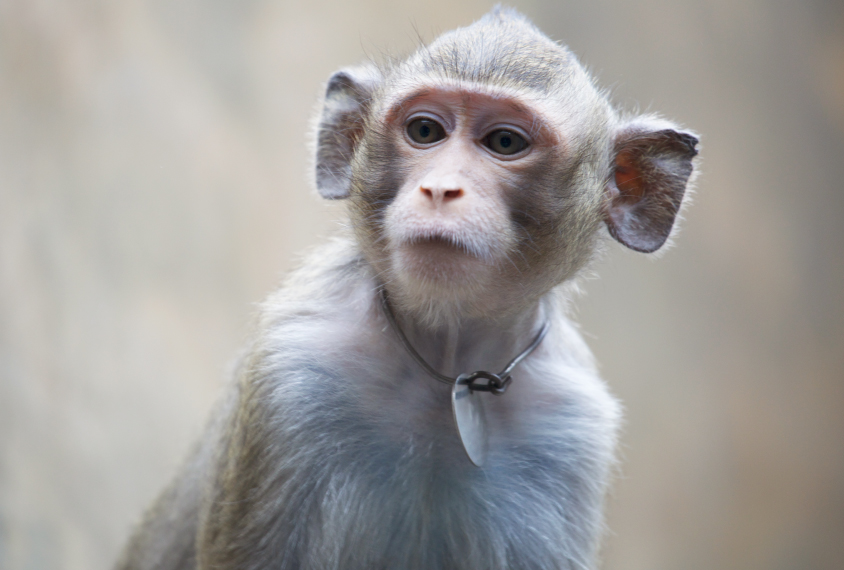Scientists in China have created a new set of monkeys. It’s got a human brain gene thus may make its intelligence a little bit more like humans. In s
Scientists in China have created a new set of monkeys. It’s got a human brain gene thus may make its intelligence a little bit more like humans. In study published last month in Beijing’s National Science Review journal, researchers took human copies of the MCPH1 gene, which is believed to play an important role in our brain development, and introduced it into monkey embryos by means of a virus that carried the gene.
Of the 11 transgenic macaque monkeys they generated, six died. The five survivors went through a series of tests, including MRI brain scans and memory tests. It turned out they didn’t have bigger brains than a control group of macaques, but they did perform better on short-term memory tasks. Their brains also developed over a longer period of time, which is typical of human brains.
Although the sample size was very small, the scientists excitedly described the study as the first attempt to experimentally interrogate the genetic basis of human brain origin using a transgenic monkey model. The whole point of the study was to help tackle a question about evolution: How did we humans develop our unique brand of intelligence, which has allowed us to innovate in ways other primates can’t?
The Chinese researchers suspect the MCPH1 gene is part of the answer. But they’re not stopping there. One of them, Bing Su, a geneticist at the Kunming Institute of Zoology, said that he’s already testing other genes involved in brain evolution:
Although the US is not green-lighting studies like Su’s, American universities that collaborate with Chinese scientists on such studies may still be complicit in any ethical harm they cause.
